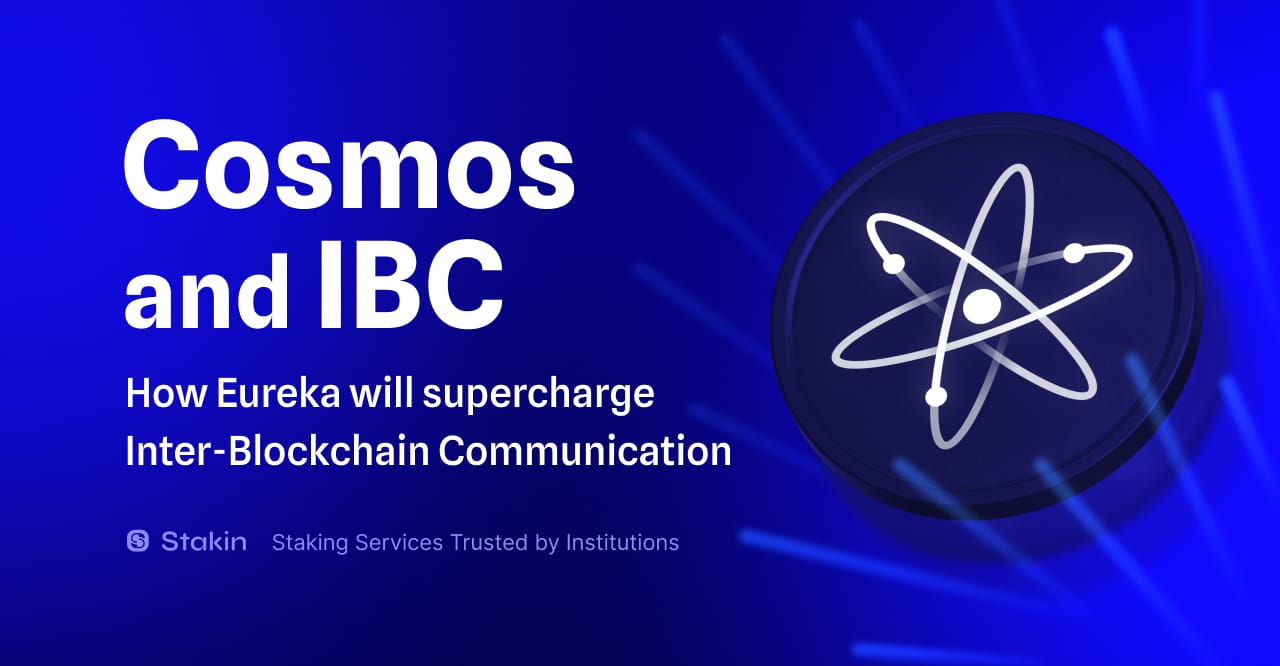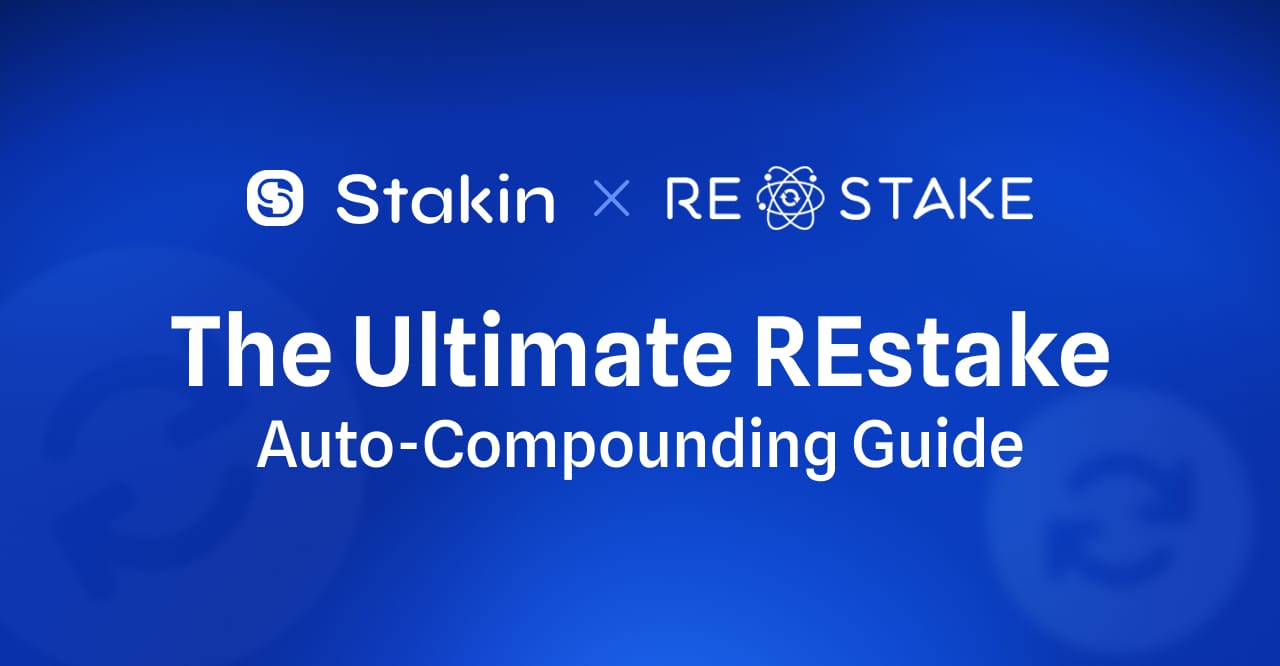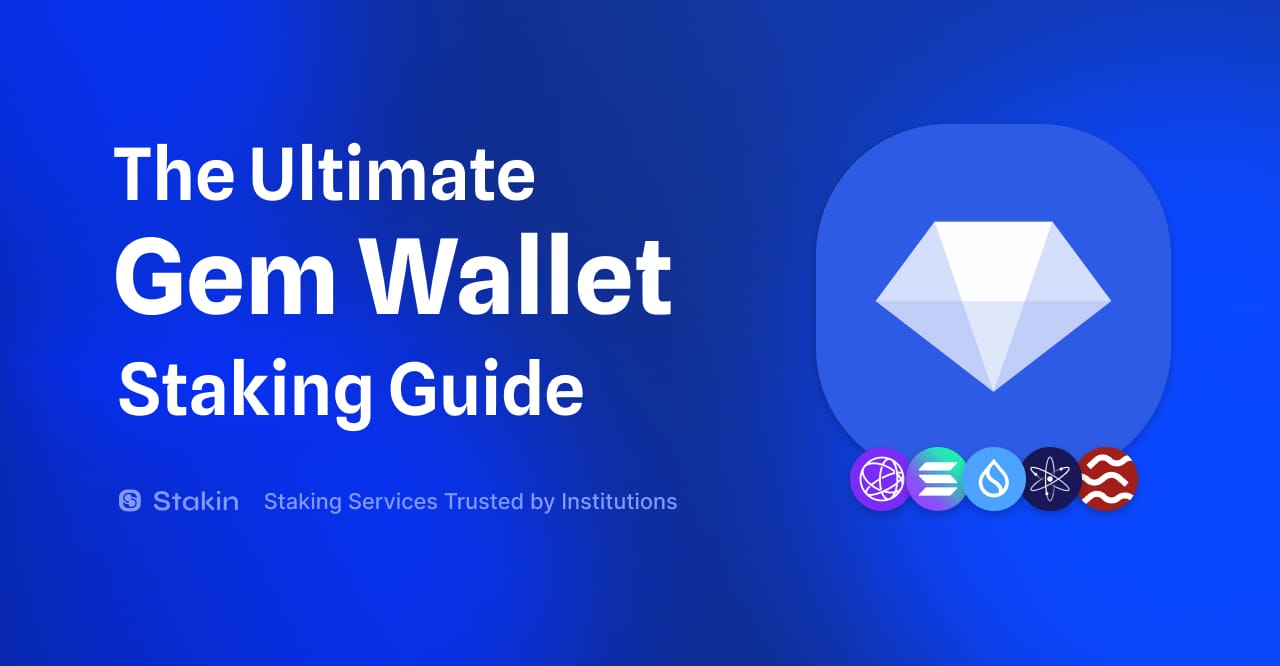Since the creation of its genesis block on March 13, 2019, Cosmos and the decentralized network of independent, scalable, and interoperable blockchain networks that make up its ecosystem have continued to evolve. This ongoing evolution has seen no shortage of innovations and creativity from within the ranks of the passionate Cosmos community and its many denizens.
FORGE, the groundbreaking user-facing frontend for Permissionless Interchain Security (ICS) on the Cosmos Hub is the latest development on the Cosmos scene. FORGE aims to address critical challenges faced by delegators, developers, and validators within the Cosmos network and move the Cosmos ecosystem forward in its journey toward mass adoption.
The Genesis of FORGE
With the launch of its permissionless ICS, the Cosmos Hub faced several important challenges. ATOM delegators needed a centralized platform to discover and engage with new consumer chains. Developers faced issues navigating the process of launching and maintaining chains. Validators required a centralized hub for connecting with and learning about new and emerging projects. FORGE was designed as a solution to each of these pain points. It offers a streamlined, user-friendly experience for each of these important stakeholders in the Cosmos ecosystem.
A Comprehensive Approach to Cosmos Ecosystem Enhancement
FORGE's core architecture is built on three fundamental cornerstones, each addressing a specific need within the Cosmos community:
- Discovery Platform: At its core, FORGE was designed to be a “one-stop shop” for ATOM delegators. It provides a simple-to-navigate user interface where delegators can explore new and upcoming consumer chains, understand the projects they support, and access information about the staking rewards, upcoming airdrops, and liquidity provision opportunities they have to offer. This centralized hub of information empowers delegators to make informed decisions and actively engage with projects within the burgeoning Cosmos ecosystem.
- Launchpad: FORGE streamlines the chain launch process, significantly reducing the time and effort required to launch a chain. By offering a comprehensive guide through the various stages of chain development - from devnet to testnet to mainnet - FORGE meaningfully simplifies the developer journey. This streamlined approach not only accelerates innovation, but also reduces the barriers to entry for new projects being built in the Cosmos ecosystem.
- Validator Matchmaking: Recognizing the critical role of validators in the Cosmos network’s security and operations, FORGE also provides a dedicated platform for consumer chains to help them connect with potential validators. This feature addresses the often complex and opaque process of assembling a validator set, thereby fostering a more transparent and efficient Cosmos ecosystem.
For Delegators: A Bold New Interface
FORGE's user interface has been specifically designed to meet the needs of delegators, offering two primary screens that serve as gateways to the Cosmos ecosystem:
Chain Listing Screen
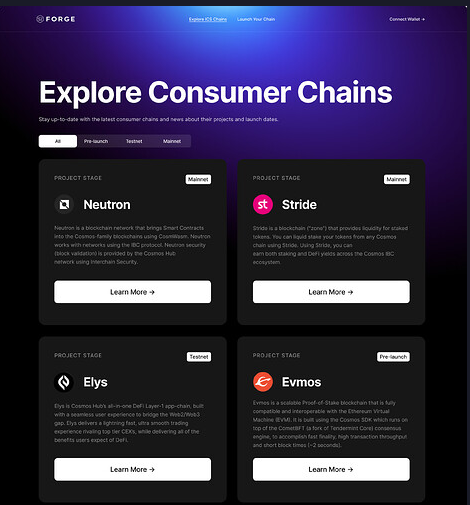
The chain listing screen serves as the initial point of contact for delegators. Here, users can browse through a comprehensive list of consumer chains, each accompanied by essential information. This screen allows for easy filtering and ranking based on various criteria such as project phase, size, reward rate, and recency. To maintain the quality and security of listed chains, FORGE implements a spam filtering mechanism, initially requiring at least one active Hub validator to opt in for a chain to be listed.
Chain Detail Screen
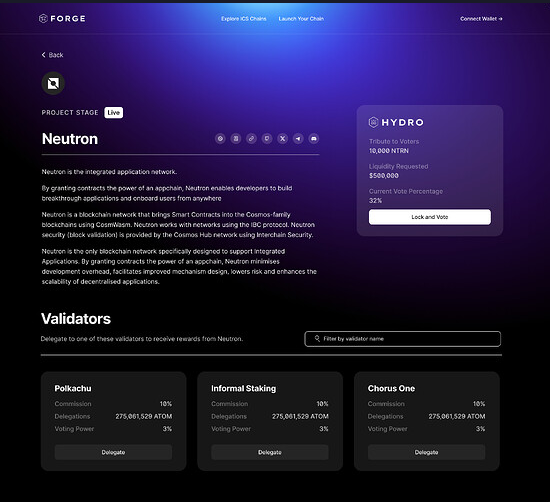
The chain detail screen, meanwhile, offers two key points of interaction for users:
- Validators: Recognizing that ATOM delegators can only receive staking rewards from a consumer chain by delegating to a validator running that chain, FORGE provides a curated list of opted-in validators for each chain. Delegators can easily view and delegate to these validators directly through the interface.
- Badges: In a novel approach to ecosystem engagement, FORGE introduces "Badges" - interactive widgets from other applications that offer additional ways for ATOM delegators to engage with each chain beyond delegation. The first integration will be with Hydro, a Cosmos Hub ATOM liquidity platform, but this feature is also designed to allow integration with third-party platforms such as airdrop providers, IDOs, or governance and community forums.
For Developers: A Guided Journey
While the initial launch of FORGE focuses on delegator experience, future iterations aim to provide a self-serve experience for new consumer chain projects. The platform will guide developers through four crucial phases of project launch:
- The Idea Phase: In this phase, developers can access comprehensive documentation on Cosmos and bootstrap their chain using tools like Spawn. Developers can generate a preview of their chain detail screen by inputting a link to their GitHub repository. Each consumer chain project will include a specially formatted data file within its code repository, typically in JSON format. The information in this file populates the chain's profile on FORGE, including key metrics, ICS settings, and specs for interactive features like badges.
- The Pre-launch Phase: Once a chain is ready for public exposure, it goes live on FORGE. This phase is crucial for building community engagement and assembling an initial validator set. Consumer chains can connect with the Cosmos Hub community and start engaging with ATOM delegators.
- The Testnet Phase: As the project progresses to the testnet, a consumer chain record is created on the Cosmos Hub testnet. Once the testnet phase begins, validators who have expressed interest receive alerts about the upcoming test environment. To facilitate smooth communication, project teams can establish dedicated channels on platforms like Discord, creating a hub for validators to connect, share insights, and address concerns. Throughout this phase, the development team continues to refine the chain's profile on FORGE, ensuring all details are accurate and up-to-date. This enables the broader Cosmos community to monitor the project’s progress towards the mainnet launch, building anticipation and engagement among potential participants.
- The Mainnet Phase: This final stage sees the consumer chain record transferred to the Cosmos Hub mainnet, marking its official launch. The chain's finalized configuration is officially registered on the Cosmos Hub's primary network, and it initiates its own mainnet. This marks its debut as a fully operational entity within the Cosmos ecosystem. This synchronized process ensures seamless integration and allows the consumer chain to leverage the Hub's infrastructure while maintaining its unique identity and functionality. ATOM holders use the chain detail screen to delegate to validators to receive rewards and to interact with the project in other ways such as the aforementioned badges.
For Validators: A Streamlined Experience
Although validators represent a much smaller user group, their role is no less pivotal to the successful operation of the Cosmos ecosystem. FORGE aims to simplify the validator experience by providing the following:
- A smooth process for discovering consumer chains and opting in to run them
- A notification dashboard for important events and communications from opted-in chains
- A system for managing contact information, facilitating direct communication with chain developers
While FORGE introduces new tools for validators, it doesn't replace their existing operational practices. Validators will continue managing their Cosmos Hub and consumer chain setups through their preferred methods. However, FORGE's validator dashboard serves as a valuable complement to these practices, offering a centralized hub for keeping up to date on each chain and its progress.
FORGE also provides validators with a secure platform to store/share relevant contact details, including email addresses and handles on messaging platforms like Discord for their technical teams. Importantly, this sensitive data remains off-chain, preserving privacy and security. The system is designed to share these contact details selectively, granting access only to the development teams of consumer chains that the validator has explicitly chosen to support.
The notification dashboard keeps validators informed about important events and communications from consumer chains they are opted in to, including testnet launches, mainnet launches, upgrades, and emergency patches.
What’s Next?
The signaling proposal for FORGE is currently live on the Cosmos Hub forum. This proposal is part of the Cosmos Hub Improvement Process (CHIP), a framework designed to facilitate technical changes to the Cosmos Hub as it evolves. The Cosmos community can actively participate in shaping Cosmos Hub advancements by providing their input.
FORGE's development roadmap includes plans for expanding its features and integrations. The first version (v0.5) will focus primarily on enhancing the delegator experience, with subsequent updates aimed at further improving the platform for all stakeholders.
A New Era for Cosmos
FORGE represents an important step forward for the Cosmos ecosystem. By offering a unified platform for delegators, developers, and validators, FORGE addresses key challenges that have long faced those working and building within the Cosmos network. As this ambitious project continues to evolve, it promises to play a crucial role in driving adoption and fostering innovation in the Cosmos community writ large.
With its intuitive, easy-to-navigate UI, comprehensive feature set, and robust roadmap, FORGE appears poised to become an indispensable tool in the rapidly evolving Cosmos toolkit. It offers a one-stop shop for ATOM delegators, a smooth entry for new consumer chains, and an informational hub for validators. As the larger blockchain landscape continues to evolve, solutions like FORGE will be instrumental in ensuring that Cosmos remains at the forefront of innovation, accessibility, and community engagement.
DISCLAIMER: This is not financial advice. Staking, delegation, and cryptocurrencies involve a high degree of risk, and there is always the possibility of loss, including the failure of all staked digital assets. Additionally, delegators are at risk of slashing in case of security or liveness faults on some protocols. We advise you to do your due diligence before choosing a validator.

